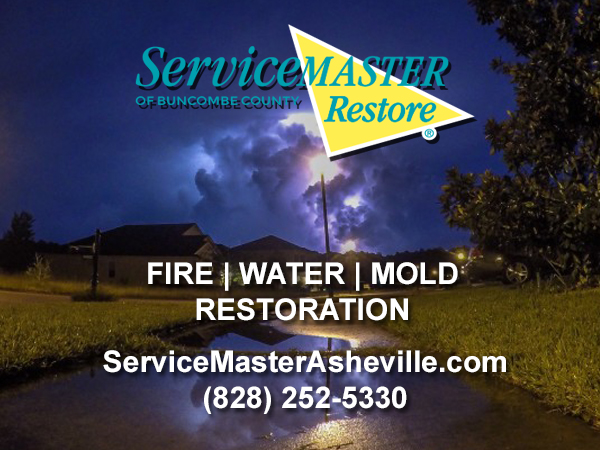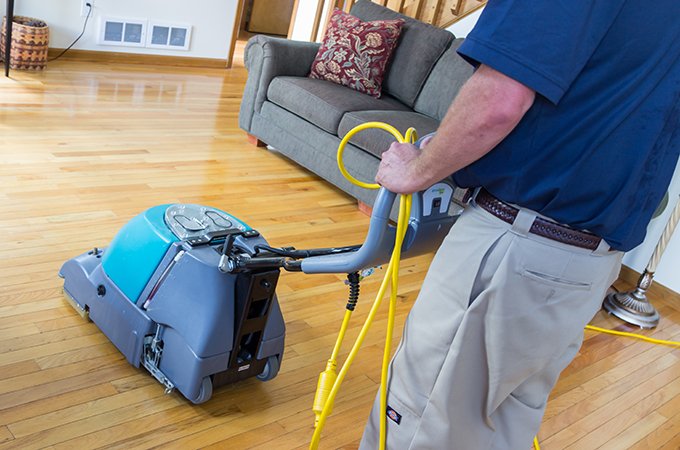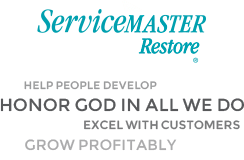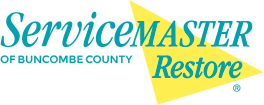
Serving Western NC and the greater Asheville Area - Available 24 Hours a Day, 7 Days a Week
What Role Does Insurance Play In Restoration?
Water damage can strike unexpectedly, wreaking havoc on your home and belongings. In such situations, having the right insurance coverage can make all the difference in the restoration process. Understanding the role of insurance in water damage restoration is crucial for homeowners. Before ServiceMaster of Buncombe County gets the call to help, here’s what you need to know:

- Types of Insurance Coverage: Homeowners insurance typically covers water damage caused by sudden and accidental incidents, such as burst pipes or appliance malfunctions. Flood insurance, on the other hand, is a separate policy that covers water damage resulting from natural disasters like floods and heavy rain. It’s important to know what types of coverage you have and whether you need additional protection.
- Policy Limitations and Exclusions: Review your insurance policy carefully to understand its limitations and exclusions regarding water damage. Some policies may have specific exclusions for certain types of water damage or require additional endorsements for full coverage. Knowing the details of your policy can prevent unpleasant surprises during the claims process.
- Filing a Claim: In the event of water damage, promptly notify your insurance company and start the claims process. ServiceMaster of Buncombe County will document the damage with photographs and/or videos . You will need to keep records of any expenses incurred during the restoration. Your insurance company will send an adjuster to assess the damage and determine coverage eligibility.
- Working with Disaster Restoration Professionals: Insurance companies often work with preferred restoration companies like ServiceMaster to handle water damage claims. However, you have the right to choose your own restoration provider. Look for certified and experienced professionals who can effectively mitigate the damage and navigate the insurance claims process on your behalf.
- Understanding Coverage and Reimbursement: Depending on your policy, insurance coverage for water damage restoration may include repairs to structural damage, restoration of personal belongings, and additional living expenses if your home becomes uninhabitable. Be aware of any deductibles, coverage limits, and reimbursement procedures outlined in your policy.
- Preventive Measures and Maintenance: Taking proactive measures to prevent water damage can help minimize the risk of future incidents and maintain insurance coverage. Regular maintenance of plumbing systems, appliances, and drainage systems can identify potential issues before they escalate into major problems. Some insurance policies may offer discounts for implementing preventive measures.
- Reviewing and Updating Coverage: Periodically review your insurance coverage to ensure it adequately protects your home and possessions against water damage. Life changes such as renovations, additions, or changes in property value may warrant adjustments to your policy. Work with your insurance agent to update your coverage accordingly.
By understanding the role of insurance in water damage restoration and being proactive in both prevention and preparedness, homeowners can navigate the challenges of water damage with greater confidence and peace of mind. Remember to consult with your insurance provider and ServiceMaster of Buncombe County for personalized guidance tailored to your specific needs and circumstances.
Side Menu
10 out of 10










